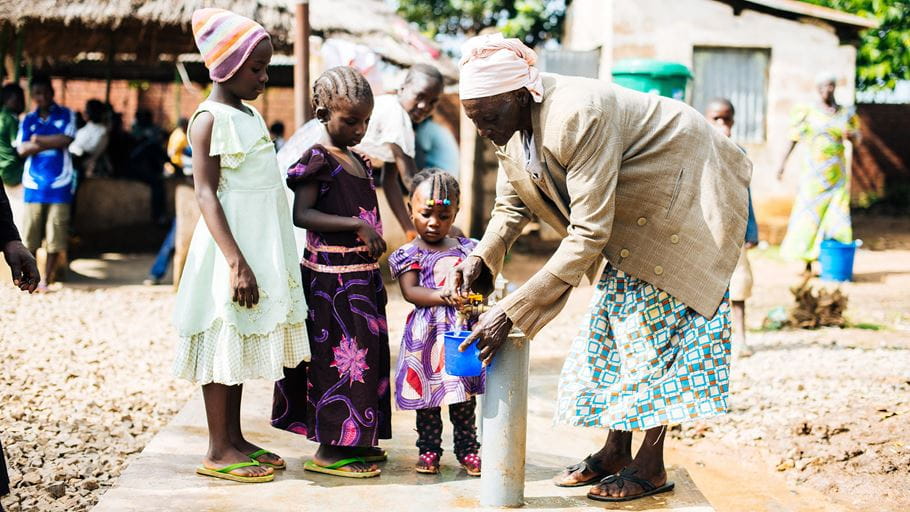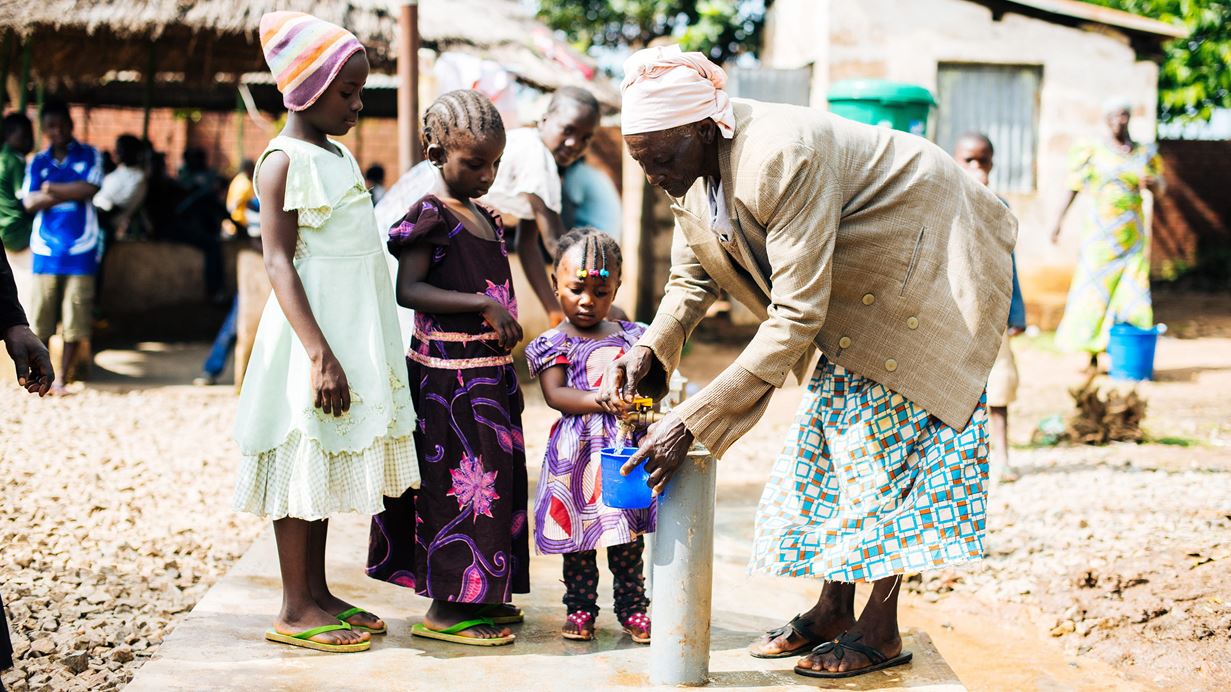We should be wary whenever someone says, ‘the Bible clearly states that….’ This is because, quite often, it doesn’t. Like life, the Bible is full of nuance. Yet there are some areas in which we can safely say that the Bible is clear. And one of those areas is how we treat people the Bible describes as ‘strangers’ and ‘foreigners’. People who might have been forced from their homes. People who might be the victims of trafficking. People who might be asylum-seekers and refugees.
Different opinions, shared truths
The debate around migration and people smuggling is complex, difficult and sensitive. There is such a thing as illegal immigration, but there isn’t such a thing as an illegal asylum-seeker. While there are many differing and strongly-held opinions on this issue, the fact that every person arriving in a country has the right to apply for asylum – and their case be considered fairly and be confirmed or rejected – is a long-established principle of international law. Furthermore, it mirrors the principles of the Bible.
Jesus tells us that how we treat other people is a reflection of how we treat Jesus himself (Matthew 25:40). We must see Christ in everyone. To turn away an asylum-seeker without hearing their case is to do the same to God. It is an act of oppression. And God is always on the side of the oppressed – as we should be.
It is our duty to speak up on behalf of the vulnerable (Proverbs 31:8-10), because poverty is not God’s plan. The church is. Caring for people who have fled their homes is part of our biblical call.











